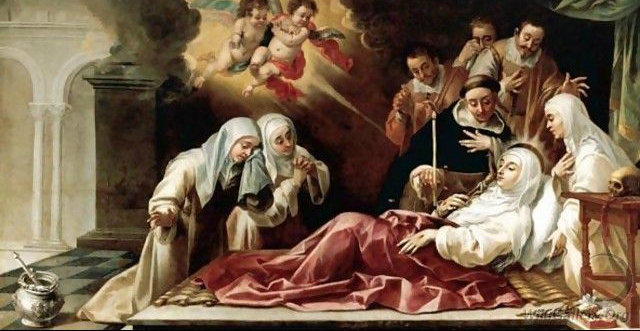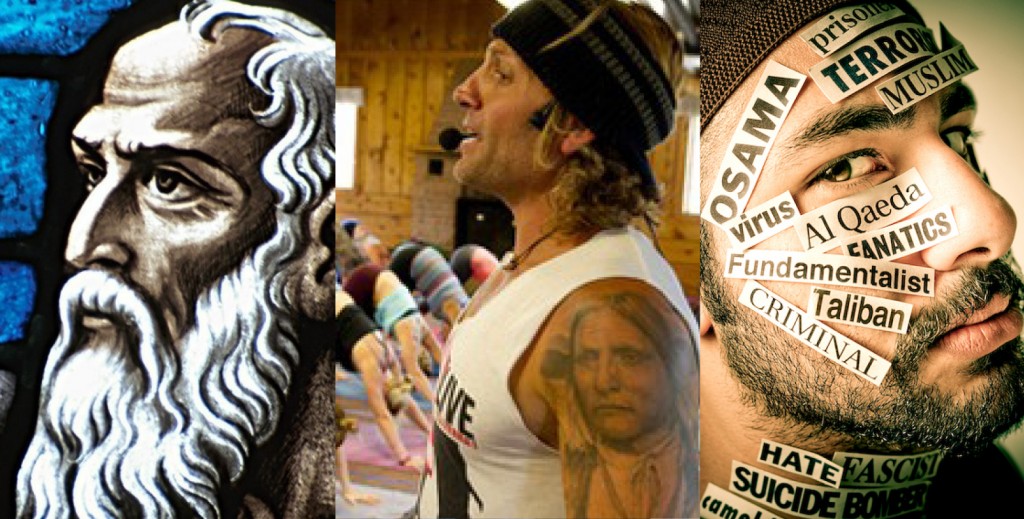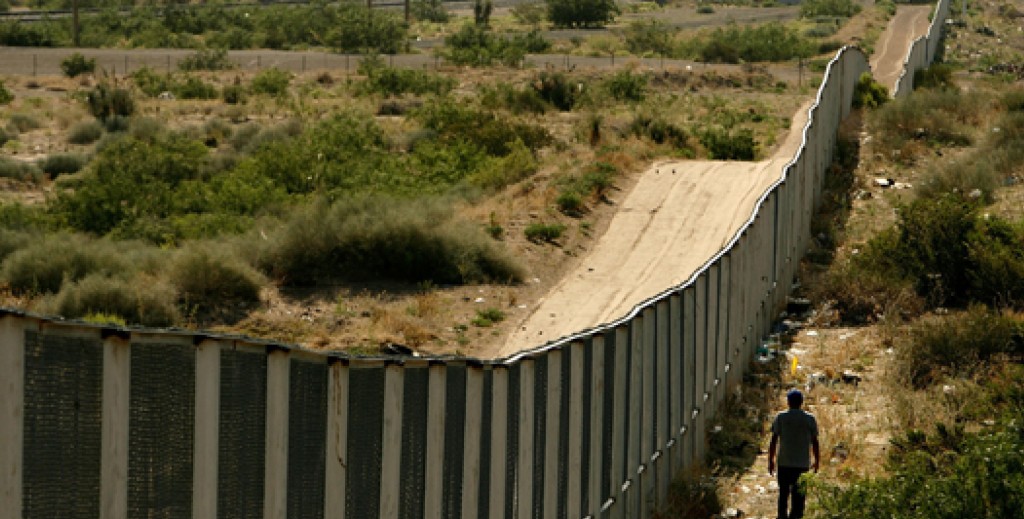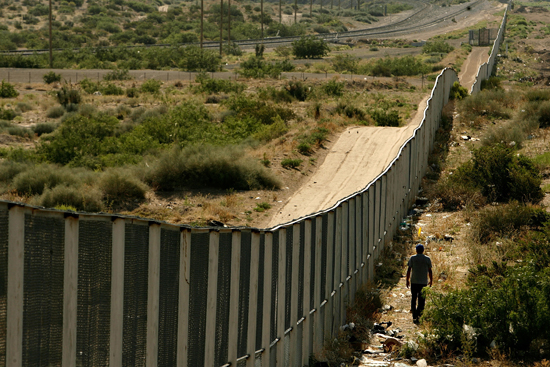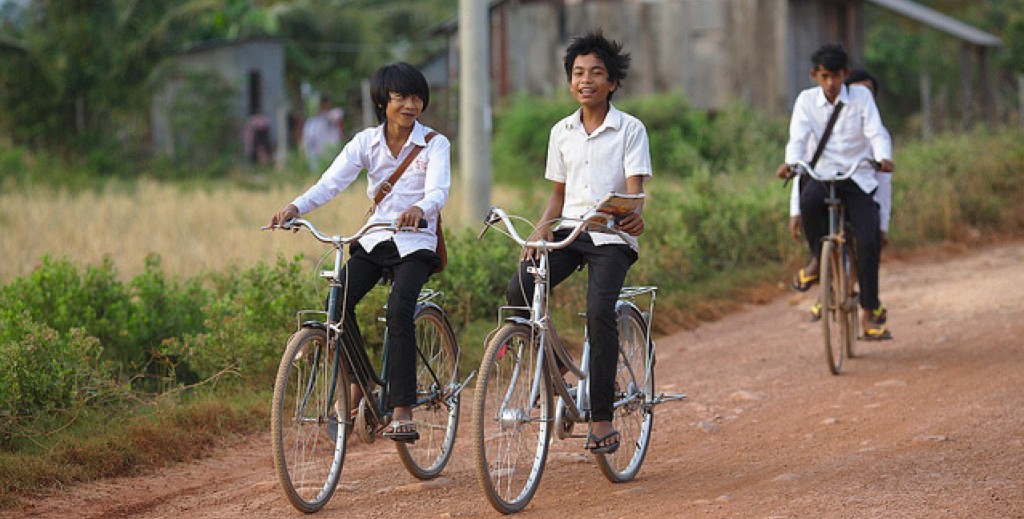April Events at the Committee for the Study of Religion
April 6: Rabbi Marc Katz (Congregation Beth Elohim)
“Can you be commanded to be happy? A Jewish view” April 13: Lisa Tagliaferri (Comparative Literature, The Graduate Center)
“Catherine of Siena’s Network” April 20: Matthew Scherer (Government and Politics, George Mason University)
“Democracy’s everyday failures: tragedy, acknowledgement, and traces of theology in the late political thought of Stanley Cavell” (No seminar on April 27 [read more»]

